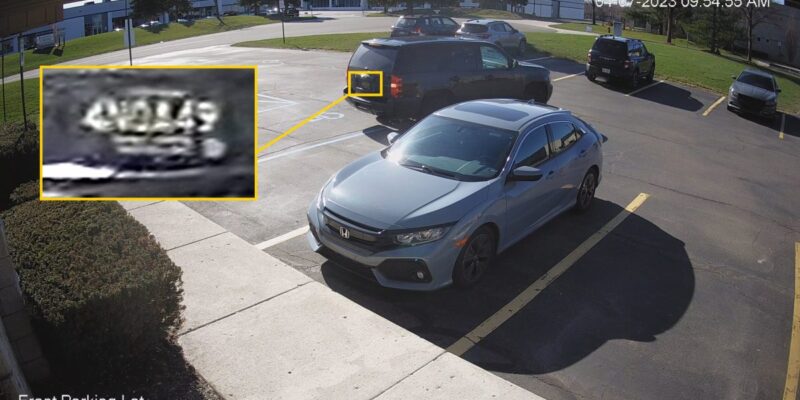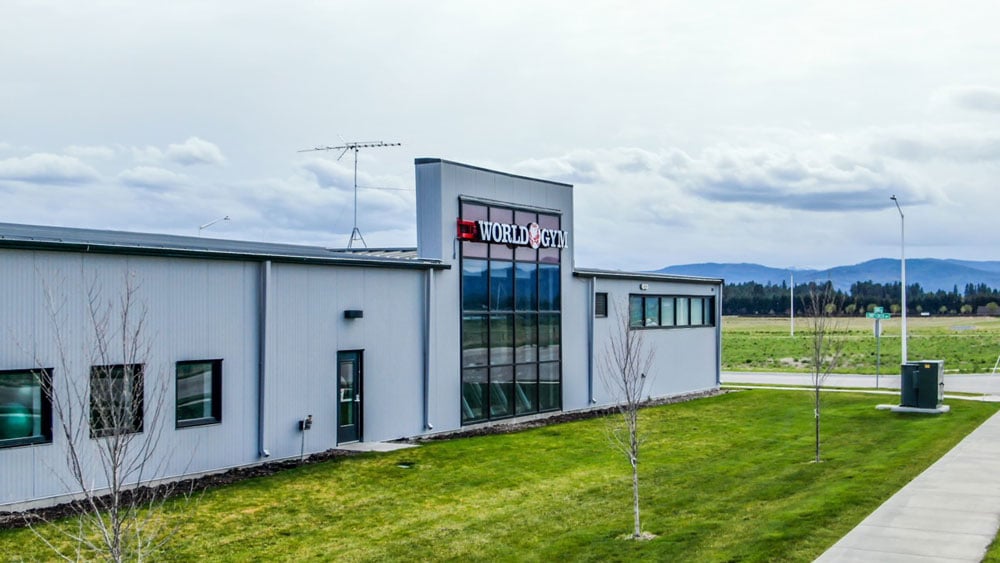
Video forensics is a specialized field that deals with the analysis, enhancement, and authentication of video recordings for investigative purposes. In today’s digital age, where surveillance cameras are omnipresent, video forensics plays a crucial role in criminal investigations, legal proceedings, and research.
Understanding Video Forensics
Video forensics involves the use of sophisticated tools and techniques to analyze CCTV footage, mobile videos, body camera recordings, and other types of video evidence. These tools are designed to enhance video quality, extract relevant information, and establish the integrity and authenticity of the footage.
One of the key aspects of video forensics is CCTV video enhancement tools, which are used to improve the clarity, resolution, and contrast of surveillance video footage. These tools can help investigators identify key details such as facial features, vehicle license plates, and other vital information that can help solve crimes and establish facts in court.
The Role of Video Forensics in Research
Video forensics is not just limited to criminal investigations; it also plays a significant role in research and academia. Researchers use video forensics techniques to analyze videos in fields such as psychology, sociology, and anthropology. By carefully examining video recordings, researchers can gain valuable insights into human behavior, social interactions, and other phenomena.
For example, in psychology studies, researchers use video forensics to analyze body language, facial expressions, and other non-verbal cues to understand human emotions and behavior. In sociology, video forensics can help researchers study group dynamics, communication patterns, and social interactions in various settings.
The Benefits of Video Forensics
The use of video forensics in investigations and research brings several key benefits. Firstly, it helps law enforcement agencies solve crimes more effectively by providing crucial evidence and insights. Video forensics can help identify suspects, corroborate witness statements, and establish timelines of events.
Secondly, video forensics can help prevent miscarriages of justice by ensuring the integrity and authenticity of video evidence. By using advanced tools and techniques, forensic experts can detect tampering, editing, or manipulation of video recordings, thus ensuring that justice is served based on accurate and reliable evidence.
Moreover, video forensics for research provides researchers with a powerful tool to study human behavior, social interactions, and various phenomena. By analyzing video recordings with precision and accuracy, researchers can uncover new insights and findings that can contribute to the advancement of knowledge in various disciplines.
Conclusion
In conclusion, video forensics is a specialized field that plays a critical role in investigations, legal proceedings, and research. By using advanced tools and techniques, forensic experts can enhance video quality, extract relevant information, and authenticate video recordings to uncover the truth and ensure justice is served. Whether it is analyzing CCTV footage in a criminal investigation or studying social interactions in an academic study, video forensics provides valuable insights and benefits that contribute to the advancement of society as a whole.














